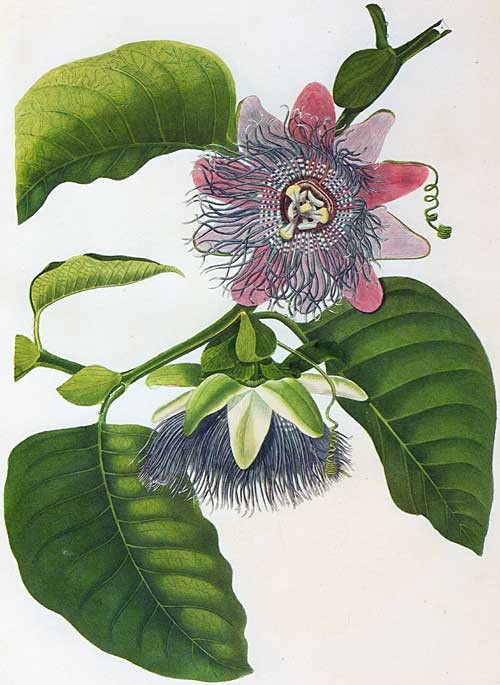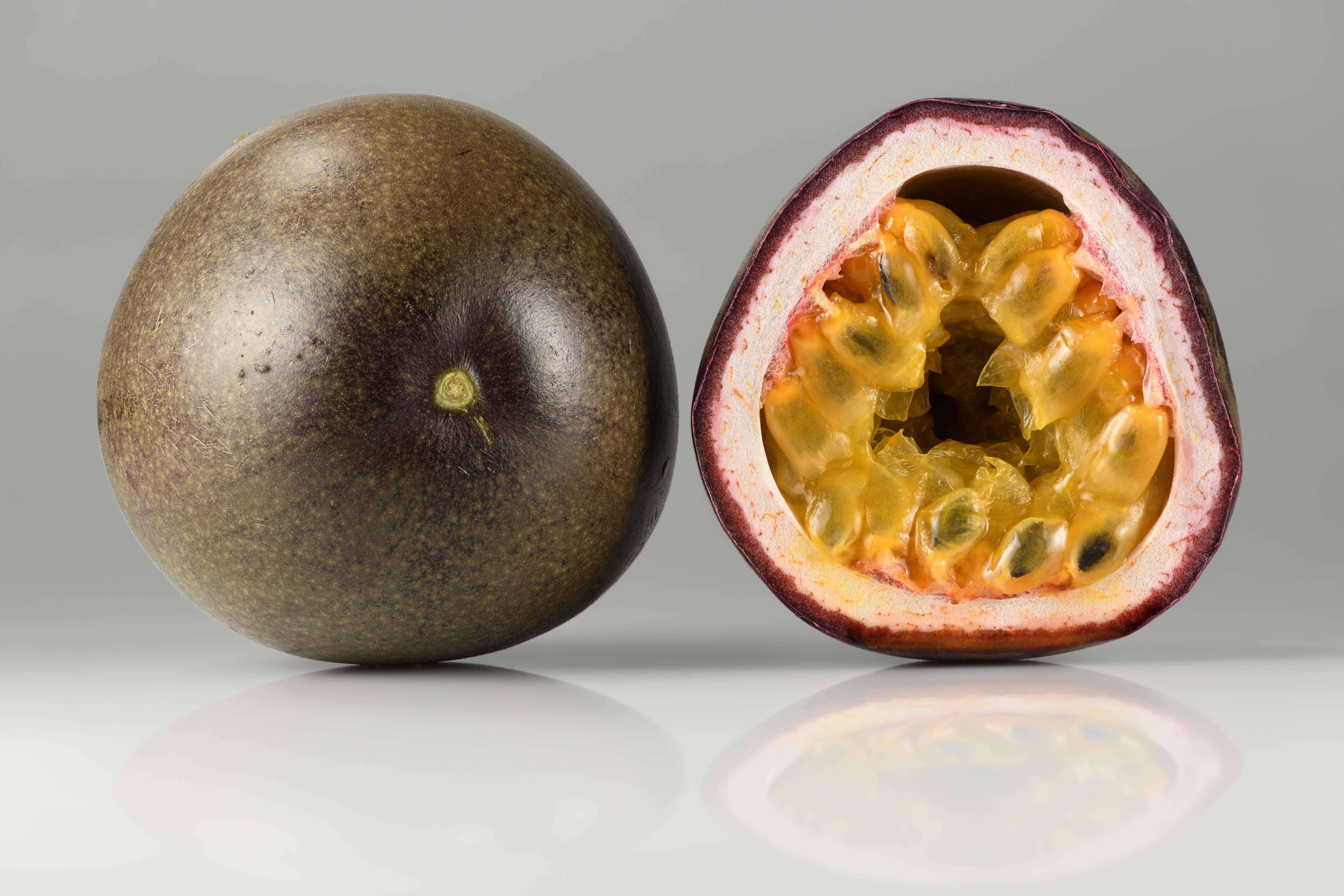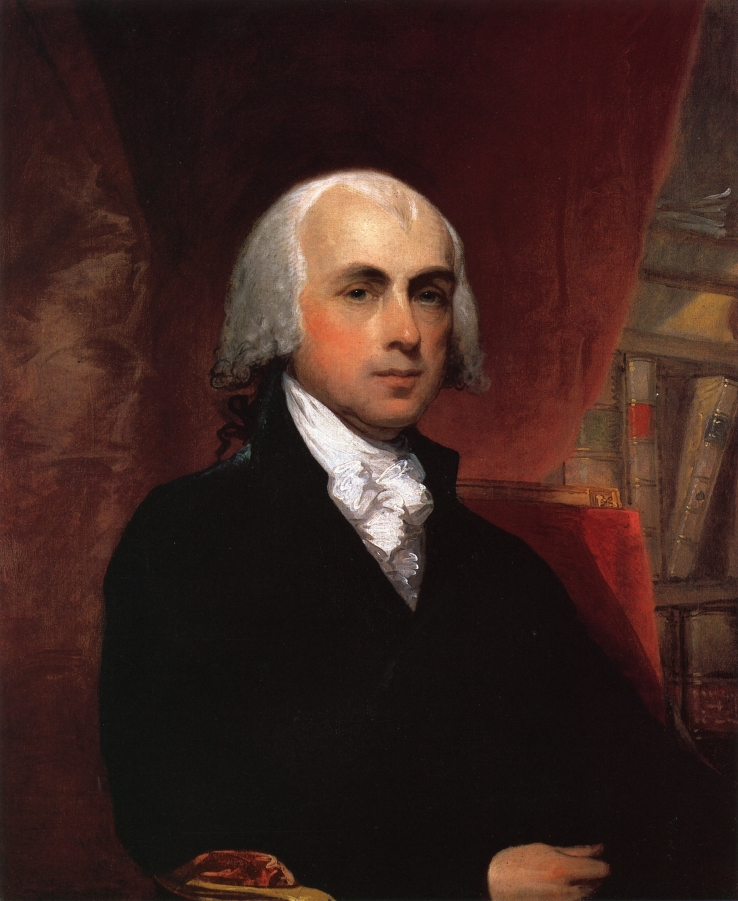|
François Richard De Tussac
François Richard de Tussac aka Chevalier de Tussac (1751 Poitou – 1837), he was a French botanist and naturalist from a wealthy family with colonial holdings, and is noted for his four-volum''Flore des Antilles, ou Histoire générale botanique, rurale et économique des végétaux indigènes des Antilles'' published in Paris by F. Schoell et Hautel, and one of the earliest floras of the West Indies. He became senator for Guadeloupe in the Antilles and traveled widely through St. Domingue, Jamaica and Cuba. In his boo''Cri des Colons''(Cry of the Colonies) he opposed giving Blacks more legal rights. De Tussac moved to Martinique in 1786 and spent some years collecting plants on the island, later becoming curator of a botanic garden in Haiti. He left Haiti in 1802, visited Jamaica and then returned to France, becoming in 1816 director of the ''Jardin Botanique d'Angers'' in Paris, a post that he filled until 1826. ''Flore des Antilles'' appeared from 1808 to 1827. Some 2000 of Tus ... [...More Info...] [...Related Items...] OR: [Wikipedia] [Google] [Baidu] |
Passiflora Quadrangularis00
''Passiflora'', known also as the passion flowers or passion vines, is a genus of about 550 species of flowering plants, the type genus of the family Passifloraceae. ''Passiflora'' species are widely cultivated for their striking flowers, flavorful fruits, traditional medicinal uses, and roles in dietary supplements and ayahuasca analogs, with several ornamental hybrids earning Royal Horticultural Society awards. Description They are mostly tendril-bearing vines, with some being shrubs or trees. They can be woody or herbaceous. Passion flowers produce regular and usually showy flowers with a distinctive corona. There can be as many as eight concentric coronal series, as in the case of '' P. xiikzodz''. and '' Passiflora alata''. The hallmark of the genus is the androgynophore, a central column to which the stamens and pistil are attached, which can be very long in some species such as '' Passiflora coactilis''. The flower is pentamerous (except for a few Southeast Asi ... [...More Info...] [...Related Items...] OR: [Wikipedia] [Google] [Baidu] |
1751 Births
In Britain and its colonies (except Scotland), 1751 only had 282 days due to the Calendar (New Style) Act 1750, which ended the year on 31 December (rather than nearly three months later according to its previous rule). Events January–March * January 1 – As the Province of Georgia undergoes the transition from a trustee-operated territory to a Crown colony, the prohibition against slavery is lifted by the Trustees for the Establishment of the Colony of Georgia in America. At the time, the Black population of Georgia is approximately 400 people, who had been kept in slavery in violation of the law. By 1790, the enslaved population of Georgia increases to over 29,000 and to 462,000 by 1860. * January 7 – The University of Pennsylvania, conceived 12 years earlier by Benjamin Franklin and its other trustees to provide non-denominational higher education "to train young people for leadership in business, government and public service". rather than for t ... [...More Info...] [...Related Items...] OR: [Wikipedia] [Google] [Baidu] |
18th-century French Physicians
The 18th century lasted from 1 January 1701 (represented by the Roman numerals MDCCI) to 31 December 1800 (MDCCC). During the 18th century, elements of Enlightenment thinking culminated in the Atlantic Revolutions. Revolutions began to challenge the legitimacy of monarchical and aristocratic power structures. The Industrial Revolution began mid-century, leading to radical changes in human society and the environment. The European colonization of the Americas and other parts of the world intensified and associated mass migrations of people grew in size as part of the Age of Sail. During the century, slave trading expanded across the shores of the Atlantic Ocean, while declining in Russia and China. Western historians have occasionally defined the 18th century otherwise for the purposes of their work. For example, the "short" 18th century may be defined as 1715–1789, denoting the period of time between the death of Louis XIV of France and the start of the French Revolut ... [...More Info...] [...Related Items...] OR: [Wikipedia] [Google] [Baidu] |
19th-century French Historians
The 19th century began on 1 January 1801 (represented by the Roman numerals MDCCCI), and ended on 31 December 1900 (MCM). It was the 9th century of the 2nd millennium. It was characterized by vast social upheaval. Slavery was Abolitionism, abolished in much of Europe and the Americas. The First Industrial Revolution, though it began in the late 18th century, expanded beyond its British homeland for the first time during the 19th century, particularly remaking the economies and societies of the Low Countries, France, the Rhineland, Northern Italy, and the Northeastern United States. A few decades later, the Second Industrial Revolution led to ever more massive urbanization and much higher levels of productivity, profit, and prosperity, a pattern that continued into the 20th century. The Catholic Church, in response to the growing influence and power of modernism, secularism and materialism, formed the First Vatican Council in the late 19th century to deal with such problems an ... [...More Info...] [...Related Items...] OR: [Wikipedia] [Google] [Baidu] |
18th-century French Historians
The 18th century lasted from 1 January 1701 (represented by the Roman numerals MDCCI) to 31 December 1800 (MDCCC). During the 18th century, elements of Age of Enlightenment, Enlightenment thinking culminated in the Atlantic Revolutions. Revolutions began to challenge the legitimacy of monarchical and aristocratic power structures. The Industrial Revolution began mid-century, leading to radical changes in Society, human society and the Natural environment, environment. The European colonization of the Americas and other parts of the world intensified and associated mass migrations of people grew in size as part of the Age of Sail. During the century, History of slavery, slave trading expanded across the shores of the Atlantic Ocean, while declining in Russian Empire, Russia and Qing dynasty, China. Western world, Western historians have occasionally defined the 18th century otherwise for the purposes of their work. For example, the "short" 18th century may be defined as 1715� ... [...More Info...] [...Related Items...] OR: [Wikipedia] [Google] [Baidu] |
Botanists Active In The Caribbean
This is a list of botanists who have Wikipedia articles, in alphabetical order by surname. The List of botanists by author abbreviation is mostly a list of plant taxonomists because an author receives a standard abbreviation only when that author originates a new plant name. Botany is one of the few sciences which has had, since the Middle Ages, substantial participation by women. A *Erik Acharius (1757–1819) *Julián Acuña Galé (1900–1973) * Johann Friedrich Adam (1780–1838) *Carl Adolph Agardh (1785–1859) *Jacob Georg Agardh (1813–1901) * Nikolaus Ager (1568–1634) *William Aiton (1731–1793) *Frédéric-Louis Allamand (1736–1809) * Ruth F. Allen (1879–1963) *Carlo Allioni (1728–1804) *Lucile Allorge (b. 1937) *Prospero Alpini (1553–1617) * Benjamin Alvord (1813–1884) *Adeline Ames (1879–1976) *Janaki Ammal (1897–1984) *Eliza Frances Andrews (1840–1931) *Agnes Arber (1879–1960) *Giovanni Arcangeli (1840–1921) * David Ashton (1927–200 ... [...More Info...] [...Related Items...] OR: [Wikipedia] [Google] [Baidu] |
Botanists Active In North America
This is a list of botanists who have Wikipedia articles, in alphabetical order by surname. The List of botanists by author abbreviation is mostly a list of plant taxonomists because an author receives a standard abbreviation only when that author originates a new plant name. Botany is one of the few sciences which has had, since the Middle Ages, substantial participation by women. A *Erik Acharius (1757–1819) * Julián Acuña Galé (1900–1973) * Johann Friedrich Adam (1780–1838) * Carl Adolph Agardh (1785–1859) * Jacob Georg Agardh (1813–1901) * Nikolaus Ager (1568–1634) *William Aiton (1731–1793) * Frédéric-Louis Allamand (1736–1809) * Ruth F. Allen (1879–1963) * Carlo Allioni (1728–1804) * Lucile Allorge (b. 1937) *Prospero Alpini (1553–1617) * Benjamin Alvord (1813–1884) * Adeline Ames (1879–1976) * Janaki Ammal (1897–1984) * Eliza Frances Andrews (1840–1931) *Agnes Arber (1879–1960) * Giovanni Arcangeli (1840–1921) * David Ashton ... [...More Info...] [...Related Items...] OR: [Wikipedia] [Google] [Baidu] |
Botanists With Author Abbreviations
This is a list of botanists who have Wikipedia articles, in alphabetical order by surname. The List of botanists by author abbreviation is mostly a list of plant taxonomists because an author receives a standard abbreviation only when that author originates a new plant name. Botany is one of the few sciences which has had, since the Middle Ages, substantial participation by women. A *Erik Acharius (1757–1819) * Julián Acuña Galé (1900–1973) * Johann Friedrich Adam (1780–1838) * Carl Adolph Agardh (1785–1859) * Jacob Georg Agardh (1813–1901) * Nikolaus Ager (1568–1634) *William Aiton (1731–1793) * Frédéric-Louis Allamand (1736–1809) * Ruth F. Allen (1879–1963) * Carlo Allioni (1728–1804) * Lucile Allorge (b. 1937) *Prospero Alpini (1553–1617) * Benjamin Alvord (1813–1884) * Adeline Ames (1879–1976) * Janaki Ammal (1897–1984) *Eliza Frances Andrews (1840–1931) *Agnes Arber (1879–1960) *Giovanni Arcangeli (1840–1921) * David Ashton (1 ... [...More Info...] [...Related Items...] OR: [Wikipedia] [Google] [Baidu] |
19th-century French Botanists
The 19th century began on 1 January 1801 (represented by the Roman numerals MDCCCI), and ended on 31 December 1900 (MCM). It was the 9th century of the 2nd millennium. It was characterized by vast social upheaval. Slavery was abolished in much of Europe and the Americas. The First Industrial Revolution, though it began in the late 18th century, expanded beyond its British homeland for the first time during the 19th century, particularly remaking the economies and societies of the Low Countries, France, the Rhineland, Northern Italy, and the Northeastern United States. A few decades later, the Second Industrial Revolution led to ever more massive urbanization and much higher levels of productivity, profit, and prosperity, a pattern that continued into the 20th century. The Catholic Church, in response to the growing influence and power of modernism, secularism and materialism, formed the First Vatican Council in the late 19th century to deal with such problems and confirm ce ... [...More Info...] [...Related Items...] OR: [Wikipedia] [Google] [Baidu] |
18th-century French Botanists
The 18th century lasted from 1 January 1701 (represented by the Roman numerals MDCCI) to 31 December 1800 (MDCCC). During the 18th century, elements of Enlightenment thinking culminated in the Atlantic Revolutions. Revolutions began to challenge the legitimacy of monarchical and aristocratic power structures. The Industrial Revolution began mid-century, leading to radical changes in human society and the environment. The European colonization of the Americas and other parts of the world intensified and associated mass migrations of people grew in size as part of the Age of Sail. During the century, slave trading expanded across the shores of the Atlantic Ocean, while declining in Russia and China. Western historians have occasionally defined the 18th century otherwise for the purposes of their work. For example, the "short" 18th century may be defined as 1715–1789, denoting the period of time between the death of Louis XIV of France and the start of the French Revolution ... [...More Info...] [...Related Items...] OR: [Wikipedia] [Google] [Baidu] |
People From Saint-Domingue
The term "the people" refers to the public or common mass of people of a polity. As such it is a concept of human rights law, international law as well as constitutional law, particularly used for claims of popular sovereignty. In contrast, a people is any plurality of persons considered as a whole. Used in politics and law, the term "a people" refers to the collective or community of an ethnic group or nation. Concepts Legal Chapter One, Article One of the Charter of the United Nations states that "peoples" have the right to self-determination. Though the mere status as peoples and the right to self-determination, as for example in the case of Indigenous peoples (''peoples'', as in all groups of indigenous people, not merely all indigenous persons as in ''indigenous people''), does not automatically provide for independent sovereignty and therefore secession. Indeed, judge Ivor Jennings identified the inherent problems in the right of "peoples" to self-determination, as i ... [...More Info...] [...Related Items...] OR: [Wikipedia] [Google] [Baidu] |
People From Poitou-Charentes
The term "the people" refers to the public or Common people, common mass of people of a polity. As such it is a concept of human rights law, international law as well as constitutional law, particularly used for claims of popular sovereignty. In contrast, a people is any plurality of Person, persons considered as a whole. Used in politics and law, the term "a people" refers to the collective or community of an ethnic group or nation. Concepts Legal Chapter One, Article One of the Charter of the United Nations states that "peoples" have the right to self-determination. Though the mere status as peoples and the right to self-determination, as for example in the case of Declaration on the Rights of Indigenous Peoples, Indigenous peoples (''peoples'', as in all groups of indigenous people, not merely all indigenous persons as in ''indigenous people''), does not automatically provide for independence, independent sovereignty and therefore secession. Indeed, judge Ivor Jennings i ... [...More Info...] [...Related Items...] OR: [Wikipedia] [Google] [Baidu] |






